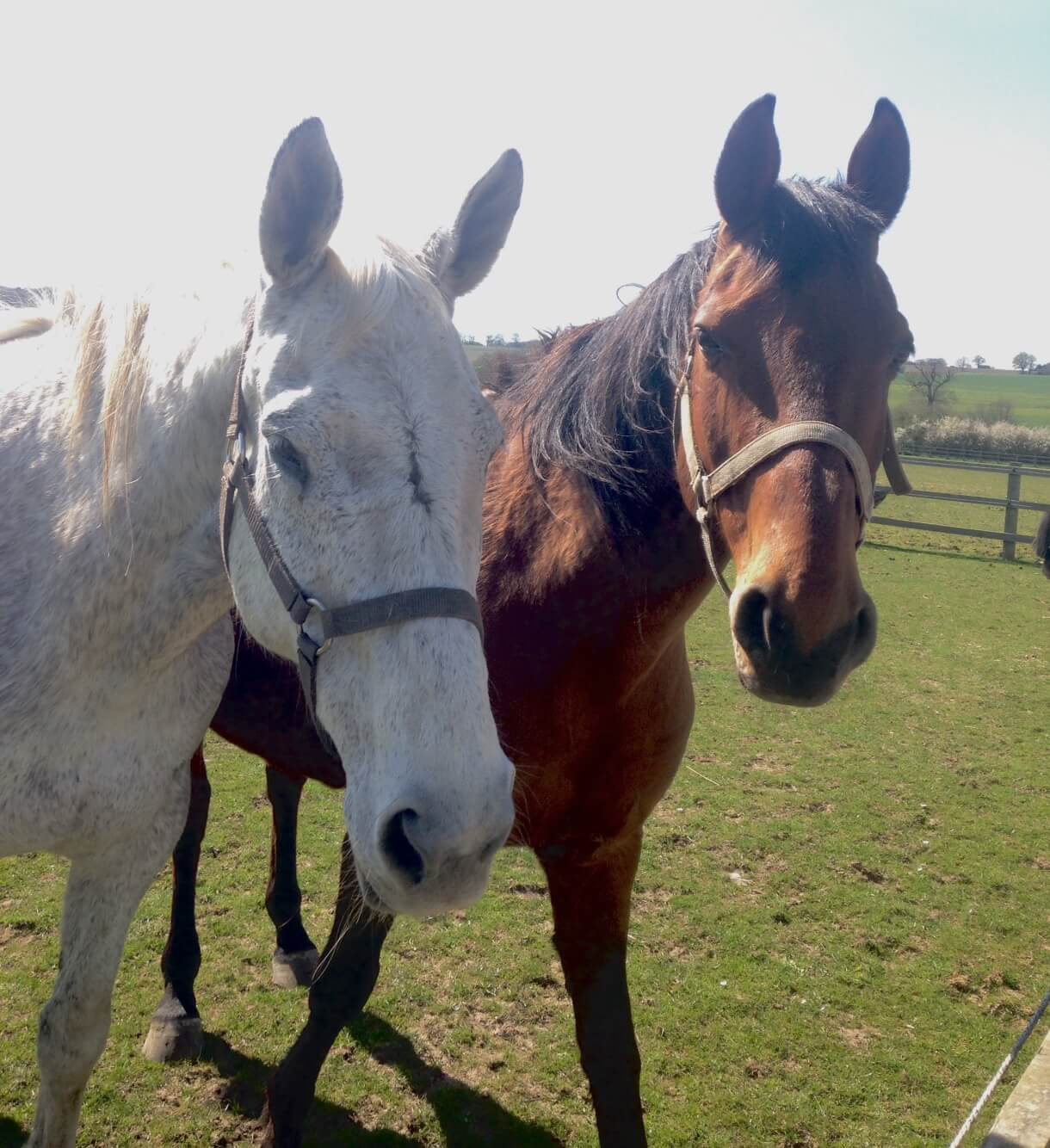

Does your horse get his beauty sleep?
The Dalai Lama once said: “Sleep is the best meditation.” We all know how important it is to get a good night’s sleep. Sleep relieves stress, restores our physical health and prepares us to take on the day ahead! Many of us also know all too well what a bad night’s sleep can do to us!
Have you ever thought about your horse’s sleep patterns? You might have noticed that he tends to sleep standing up, or that he likes a good lie down because he’s always covered in straw or shavings the next morning!
Horses experience slow wave sleep (SWS) and rapid eye movement (REM) sleep, but to achieve REM sleep they must lie down. REM sleep is very important and evidence shows that horses unable to achieve REM sleep can suffer from sleep deprivation.
Researchers at Nottingham Trent University are currently looking into sleep patterns of various groups of horses. Just like humans, changes in sleep patterns can indicate changes in health. So, by raising awareness among owners of what is normal for their horses, the hope is that early warnings of ill health can be acted upon.
You can read the full story with a link to the current research here.
You will be able to visit the Sanctuary and meet all of our animals for the first time this year on Sunday 6 September. However pre-booked tickets are essential. Find out more here.
Fighting fatigue and keeping your horse fit and well
All horse owners know the importance of keeping their animals fit and well-exercised. But there comes a point when the horse will have had enough and can become fatigued.
Horses suffering from fatigue can be at risk of tendon damage, and be at risk of developing health conditions such as colic, laminitis or heat exhaustion, so it is vital that you can recognise the signs to avoid putting your horse at risk.
Remus Horse Sanctuary has to rescue horses that have been ill cared-for and overworked on a regular basis, but caring owners can learn how to recognise the warning signs and keep their horse out of danger.
Signs of fatigue include loss of coordination such as stumbling, a slowing down of pace, and increasingly labouring breathing.
Find out what else to look for, and how you can avoid fatigue in this interesting article.










